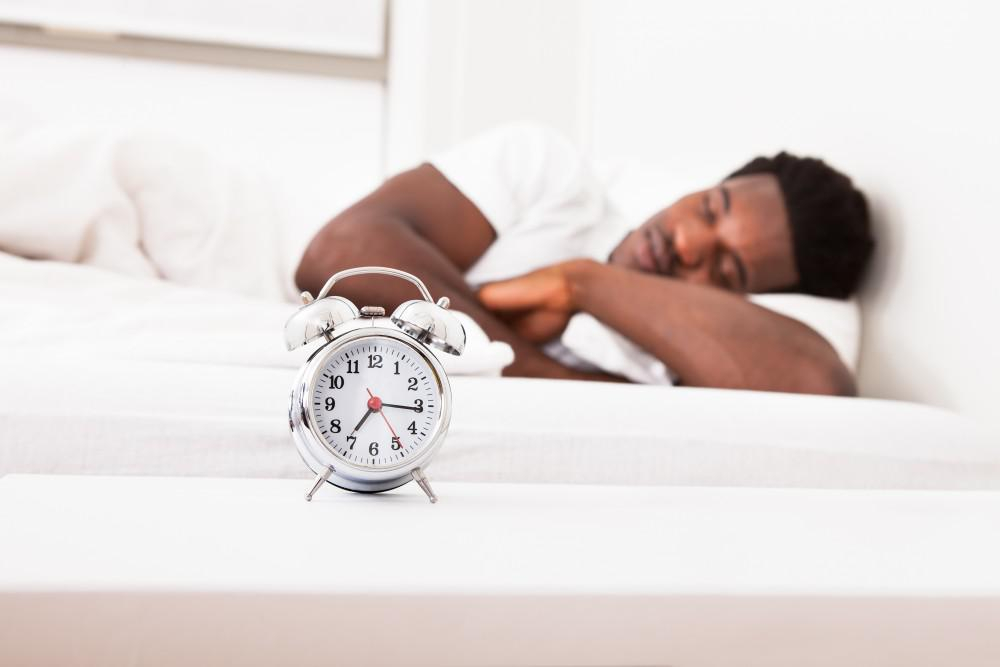Ahh sleep, that magical ingredient to success that is so often pushed to the backburner. If sleep were optional, I’d probably opt to use the time in some more “productive” way. Think of all you could get done with 7-9 more hours a night?! However, the fact that sleep deprivation is used as method of torture is a salient example of how vital it is to our health and wellbeing. Like food or oxygen, without it, we will die. And athletes, far from being an exception to this rule, arguably require it more desperately than your average adult.
In studies where sleep was restricted to less than 6 hours a night, participants have consistently shown impaired cognitive performance and mood, altered glucose metabolism, appetite dysregulation, and compromised immune system. These and other findings provide the basis for the National Sleep Foundation’s recommendation that people between the ages of 18-64 get 7-9 hours of sleep.
How much of us pay as much attention to our sleeping habits as we do our eating or exercise routines? The reality is, we spend (or should spend) 1/3 of our lives sleeping, so doing what we can to maximize its quality is in our best interest. If we have our training dialed in to the heart beat, and our nutrition planned to the calorie, why is it that our sleep gets pushed to the back burner of priorities? Although the majority of studies have not focused specifically on athletes, adequate sleep has been consistently recognized as an essential component of both preparation for and recovery from athletic events.
Exercise depletes energy and fluids, breaks down muscle, and causes both acute and chronic hormonal responses. In addition to rehydrating and refueling, sleeping plays an important role in keeping the body in balance and able to adaptively respond to training demands. Sleep deprivation, like overtraining, has been seen to increase levels of the stress hormone cortisol. This hormone, when chronically elevated, can lead to adrenal fatigue and consequently, decreased performance, weight gain, spikes and drops of blood sugar, increase carbohydrate cravings, and decreased recovery between training sessions.
If you’re struggling to attain the results you’ve been hoping for in training or competition, I’d encourage you to take a second look at your sleep. Optimizing quality and quantity of sleep can be winning ingredients. So instead of fighting sleep, or looking it at some unfortunate requirement before moving on to the next day, let’s embrace it as a daily reminder of the importance of recovery.
Stay tuned for Part 2, where I’ll share some common warning signs that you might not be getting enough sleep. Pay attention to what your body is trying to tell you, it’s smarter than you may think!

